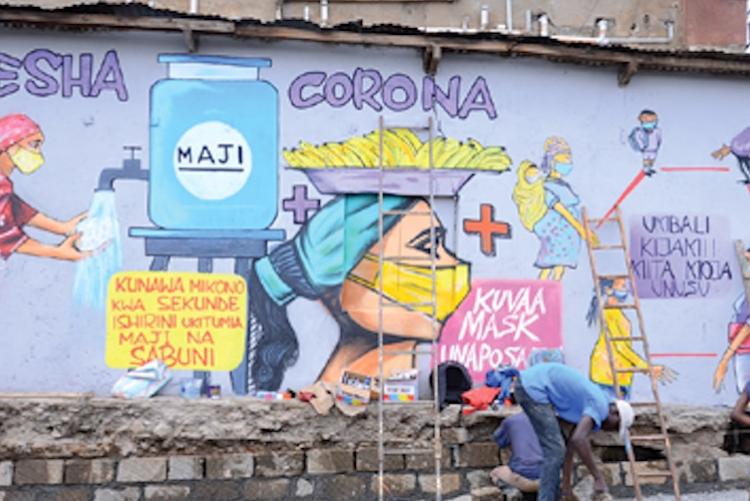Early April amid the panicky crescendo of drumbeats for strong-arm solutions for managing COVID-19, my friends and I held series of online touch-base sessions. The friends were in four different continents- Africa (Kilifi, Kenya), America (Boston, USA), Europe (Leeds, England) and Asia (Kathmandu, Nepal). From the onset, we were struck by the commonality of the responses being adopted across the world – rapid militarization and medicalization of the pandemic all peppered in a variety of politicization. The way governments were relegating citizen capacity to decide and make informed choices while elevating the experts’ directives to extremes measures despite the absence of relevant infrastructure and resources to follow them through was also fascinating, especially for countries whose majority live in perpetual precarity, a state in which they must sweat to eat daily.
As the COVID-19 cases head towards the plateau, many of the measures that were rammed down communities by the governments are beginning to haunt everyone. Economies are in tatters as are the core tenets of liberal democracy as we knew it. In many ways, in many countries, people are living in quasi-states of emergencies with restricted movements and freedoms. Any deviation has seen rapid eruption of confrontations between the public and the police with some increase of COVID-19 incidence and escalation of infection threat levels. At philosophical level concerns over the potential misuse of the pandemic to limit the freedoms of people and the functioning of the market has been validated while the intrusive tendencies of the State into private lives and spaces has become norm. From a public health perspective these measures have been necessary and costs inevitable, but economically and socially not so much.
Read full blog article by Justus Aungo, PhD. at https://uonresearch.org/blog/covid-19-is-a-complex-social-problem-change-the-approach/

